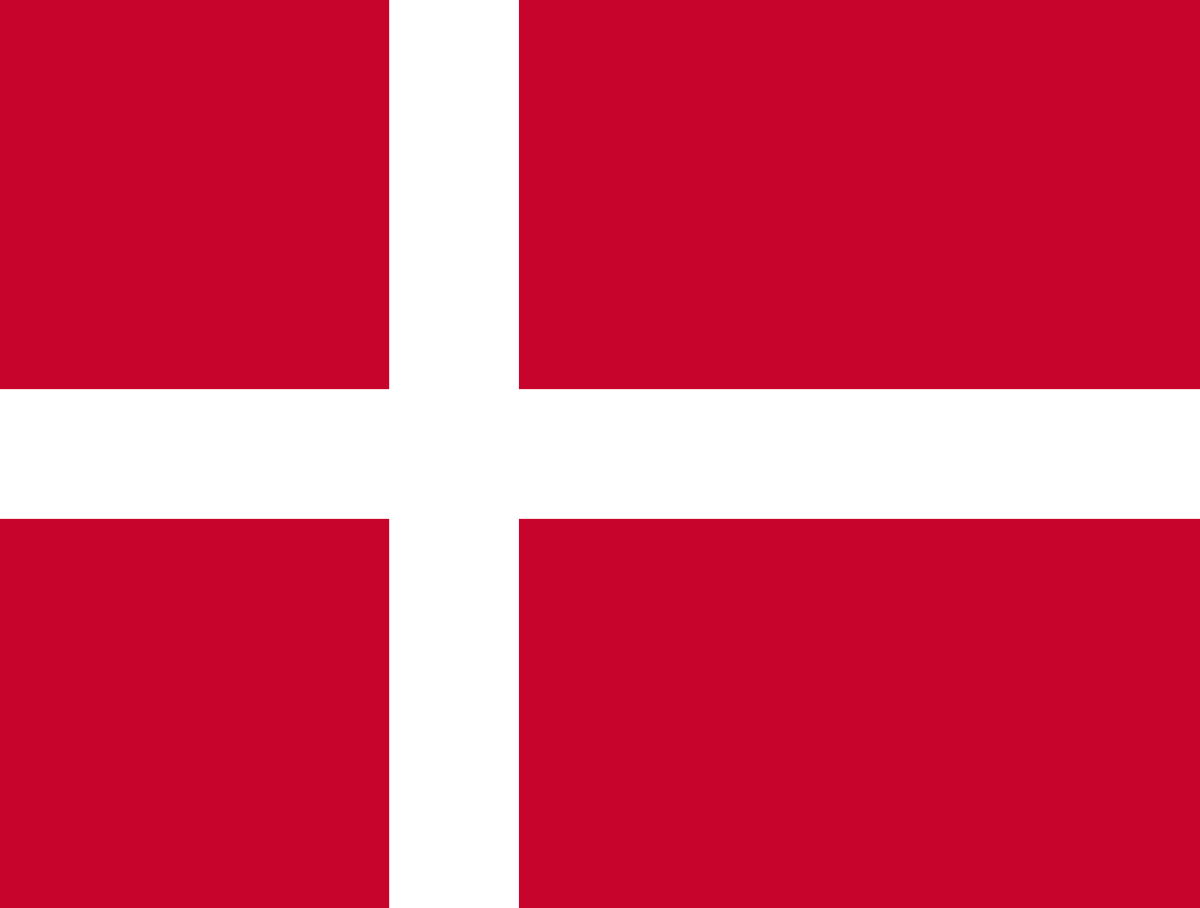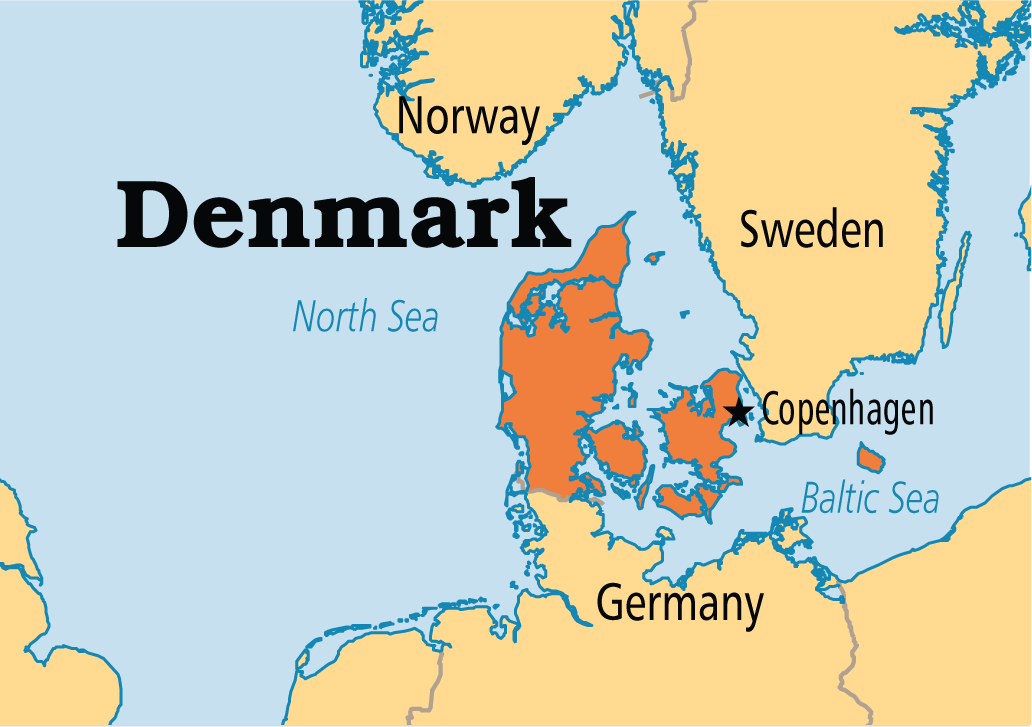Green Strategic Partnership between India and Denmark | 30 Sep 2020
Why in News
India and the Kingdom of Denmark have launched the Green Strategic Partnership for delivering sustainable solutions to India.
- The Ministry of Commerce and Industry has also signed a Memorandum of Understanding (MoU) for Intellectual Property (IP) Cooperation with Denmark.
Key Points
- Green Strategic Partnership:
- The Partnership will focus on expanding economic ties, green growth, and cooperation on global challenges such as climate change.
- Green growth is a term to describe a path of economic growth that uses natural resources in a sustainable manner.
- Danish companies with niche technologies and expertise have offered to help India in meeting its air pollution control targets, including in the key area of tackling the problem of burning crop stubble.
- Other key points under the partnership include dealing with the Covid-19 pandemic and cooperation in water efficiency and water loss.
- The creation of India-Denmark energy parks in areas with large numbers of Danish firms and an India-Denmark skill institute to train Indian manpower has been proposed.
- The Green Strategic Partnership will build on an existing Joint Commission for Cooperation and existing joint working groups.
- The Partnership will focus on expanding economic ties, green growth, and cooperation on global challenges such as climate change.
- Intellectual Property Cooperation:
- The MoU aims at increasing IP co-operation between the two countries by way of, exchange of information and best practices on processes for disposal of applications for patents, trademarks, industrial designs, and Geographical Indications, and cooperation in the field of protection of Traditional Knowledge.
- It will be a landmark step forward in India’s journey towards becoming a major player in global innovation and further the objectives of the National Intellectual Property Rights Policy, 2016.
- India Denmark Relationship:
- India and Denmark had signed a Joint Commission for Cooperation in February 2009 for cooperation in politics, economics and commerce, science and technology, energy, environment, and education.
- They have joint working groups on Shipping; Food, Agriculture and Fisheries; Environment, Biotechnology; New and Renewable Energy; and Labour Mobility.
- Currently, over 140 Danish companies are participating in the Make in India initiative.
- However, the relations got affected due to the non-extradition of the main accused of the Purulia arms drop case (Kim Davy) to India by Danish Officials.
- Purulia arms drop case, 1995: Unauthorised arms were dropped from an aircraft in Purulia district in the state of West Bengal in India.
- In the recent meeting for Green Strategic Partnership, both sides agreed that concerned officials will work for an early resolution of the matter.
- India has also invited Denmark to join the supply chain resilience initiative, which is proposed between Japan, Australia to diversify supply chains and reduce dependence on any one nation.
- Location: It is an archipelago of more than 400 islands to the east of the Jutland peninsula in Europe.
- Flag:

- Capital: Copenhagen
- Currency: Danish krone
- People: Mostly inhabited by ethnic Danes.
- Languages: Danish is official.
- Religions: Catholic Christians, Jews.
- Government: The Kingdom of Denmark is a unitary state.
- In addition to Denmark proper, two autonomous territories in the North Atlantic Ocean: Greenland and the Faroe Islands.
- It establishes a sovereign state in the form of a constitutional monarchy, with a representative parliamentary system.
- The Danish parliament is unicameral and called the Folketing.
- Others: Denmark ranked 1st in Digital Quality of Life 2020, Corruption Perceptions Index 2019, Environmental Performance Index 2020, Global Social Mobility Index 2020. It also ranked in the top 10 in the most powerful passports in 2020 and was one of the most peaceful countries according to the Global Peace Index 2019.
Way Forward
- India and Denmark have shared values of human rights, democracy, and rule of law and they must cooperate in multilateral fora like the World Trade Organization, International Solar Alliance, Arctic Council to advance democracy and human rights and promote a rule-based multilateral system.
- The Green Strategic Partnership is a mutually beneficial arrangement to advance political cooperation, expand economic relations and green growth, create jobs, and strengthen cooperation on addressing global challenges and opportunities; with a focus on an ambitious implementation of the Paris Agreement and the United Nations Sustainable Development Goals.

